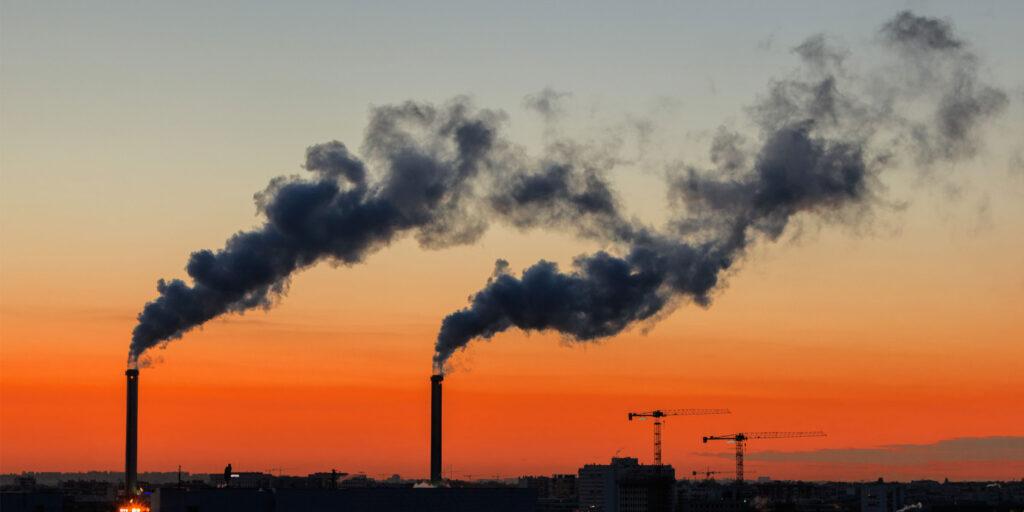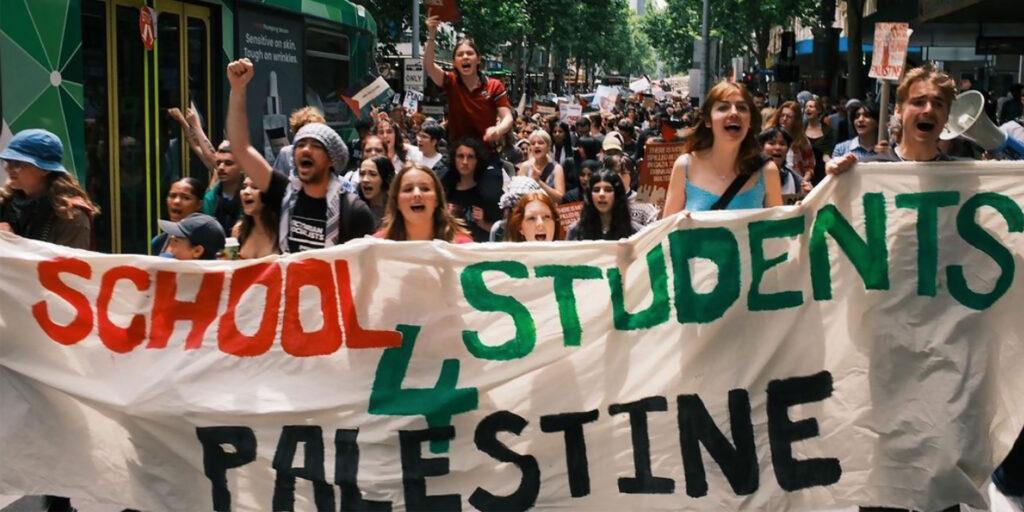We have seen increased pressure on governments to address violence against women. While both governments have been criticised for not putting enough focus on it in their 2022 election campaigns, women’s safety is nonetheless listed as one of the key policy areas on both parties’ campaign websites.
Scott Morrison has said if the Liberal party are re-elected, he will invest AUD2.5 billion over five years to implement the next National Plan to End Violence Against Women and Children.
Anthony Albanese has promised a suite of reforms if Labor is elected. This includes $1.6 billion towards affordable housing for women fleeing violence and $100 million for crisis housing for women and children.
The push for these changes can be attributed to the feminist movement. It’s been hugely successful at transforming domestic and sexual violence from a private issue to a public problem demanding response. This pressure has only increased with allegations of sexual harassment and assault in parliament, wider movements like #MeToo, and fierce domestic and sexual violence campaigners like Rosie Batty, Grace Tame, and Brittany Higgins raising their voices.
But the politicisation of violence against women has had the – perhaps unintended – consequence of painting a public narrative that this is a women’s problem and that it only happens in heterosexual relationships.
This is simply not a true reflection of the problem. Research has consistently shown that lesbian, gay, bisexual, trans, intersex and queer people (LGBTIQ+) also experience domestic and sexual violence at similar, if not greater rates to heterosexual people.
Private Lives 3, a national survey on the health and wellbeing of LGBTIQ+ people provides the most robust statistics in Australia. It found 42% of participants had been in an intimate relationship where they felt abused in some way. It also found alarmingly high rates of sexual assault, ranging from 34.4% of gay men up to 66.5% of those who identify as queer having experienced sexual assault over their lifetime.
Studies such as Private Lives 3 draw attention to the specific vulnerabilities of LGBTIQ+ people, who often experience violence because of the discrimination and stigma these communities still face. For example, threatening to ‘out’ a partner can be used as a form of emotional abuse, or someone might be coerced into sex to make them ‘prove their sexuality’.
Yet LGBTQ+ people are left out of policy promises, forgotten in funding allocations, and regulated to a footnote in national plans.
This silence makes it extremely difficult for LGBTIQ+ people who have experienced domestic violence to be believed and to seek help. Myths that women can’t abuse women and men can’t abuse men, and a lack of recognition of genders outside this binary means that violence in LGBTIQ+ relationships is often not taken seriously. This means there is a lack of funding and services to cater for diverse victims.
I want to make it clear this is a gendered issue. Straight cisgender men are still overwhelmingly the perpetrators of sexual and domestic violence. They also make up a minority of adult victims. But the framework of ‘men’s violence against women’ is an oversimplification.
This not only disadvantages LGBTIQ+ people but has further implications. When we characterise domestic and sexual violence through the binary of the helpless woman and the terrorising man, we create the story of the ideal victim who is a defenceless heterosexual, (usually white) cisgender woman. Experiences outside of this are met with disbelief and victim blaming.
It also leaves room for division. In 2021, researchers at the Williams Institute at the University of California found that that transgender people are over four times more likely to be victims of violent crime including sexual assault. A 2020 study from Australia’s National Research Organisation for Women’s Safety found trans women from culturally and linguistically diverse backgrounds face significantly higher rates of sexual assault and violence in Australia. Yet there is a deafening silence on this in our national policies and election campaigns.
Instead, Katherine Deves, Scott Morrison’s handpicked candidate running in the seat of Warringah, is painting trans women as a ‘threat’ to women’s sport and campaigning to ban them.
Failing to recognise LGBTIQ+ people as disproportionately impacted by violence and gender inequality leaves the stage wide open for them to be painted as the threat. It pits women against LGBTIQ+ people, instead of bringing our struggles together to form a stronger voice against gender inequality.
Next federal election I want to see gendered violence on the agenda – not just women’s safety. We can recognise the gendered dimensions of abuse without painting it as just a ‘women’s problem’. We can fight the detrimental effects of patriarchy and gender inequality without sacrificing the nuance and leaving people behind. This should not detract from cisgender women’s experiences; creating a united front will allow us to better fight and end sexual and domestic violence altogether.



